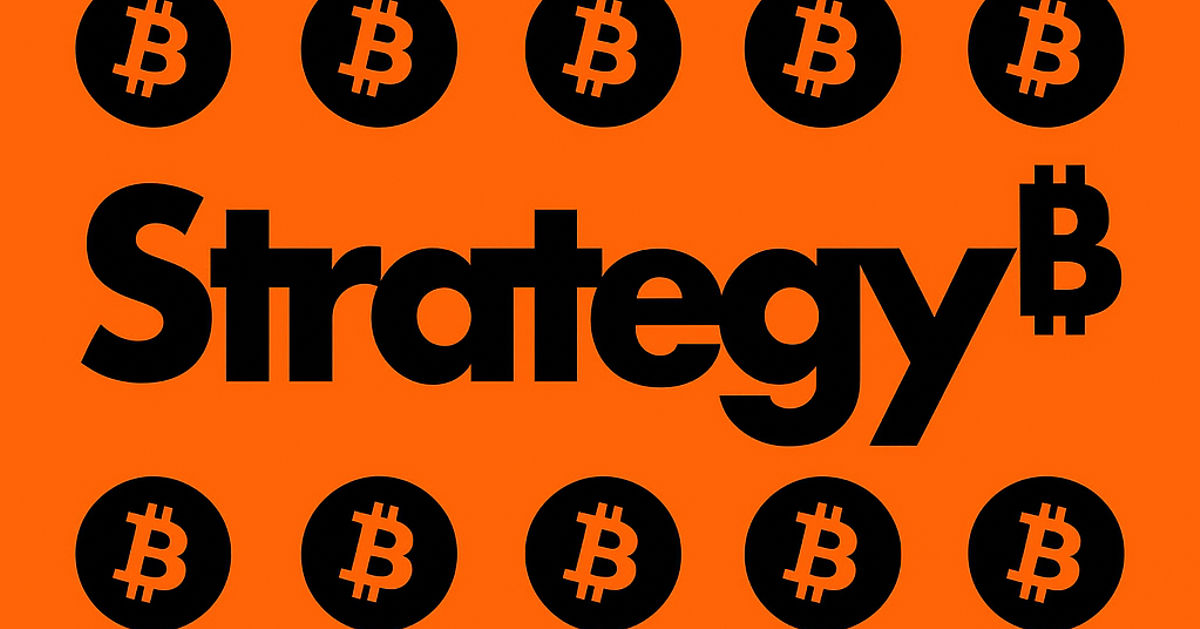Decentralization Advocates Challenge Berners-Lee: Fixing the Web Beyond Regulation

Sir Tim Berners-Lee, the esteemed inventor of the World Wide Web, has recently articulated concerns regarding the web's current state, attributing online polarization, conspiracy theories, and mental health crises to inherent design flaws requiring correction, potentially through regulation. This perspective, elaborated in his book “This Is for Everyone: The Unfinished Story of the World Wide Web,” finds agreement in its diagnosis of symptoms but strong disagreement in its proposed cure. While Berners-Lee suggests design fixes and regulation, a deeper analysis reveals that the web’s decline is fundamentally an economic failure, where design choices are driven by distorted incentives rooted in fiat money and the advertising models it sustains. The true remedy, therefore, lies not in regulation, but in adopting open source protocols alongside open source money, specifically Bitcoin.
Berners-Lee rightly identifies two primary symptoms of the web’s malaise: rampant polarization and significant mental health damage. Polarization manifests as social media platforms leading users to extreme political positions, demonizing opposing sides, fostering conspiracy theories, and promoting demagoguery. While algorithms can indeed amplify truths, the core problem is a fragmentation of shared reality, where different platforms and filters create irreconcilable narratives. The issue extends beyond content flow to how trust is established, and algorithms, optimized for outrage, merely exploit profitable human emotional responses. Attempts to mitigate this, such as Facebook’s 2018 News Feed adjustments to reduce harmful content, have shown a direct correlation with decreased engagement and revenue, reinforcing the economic incentive for outrage.
The mental health crisis linked to prolonged social media usage is equally alarming, encompassing anxiety, depression, jealousy, inadequacy, isolation, and body image issues. This is not accidental; platforms are deliberately designed to be addictive, a practice traced back to BJ Fogg’s Persuasive Technology Lab at Stanford. Features like the 'Like' button, infinite scroll, and red notification badges were engineered to hijack dopamine pathways. Jack Dorsey, co-founder of Twitter, highlighted how these algorithms program users based on perceived interests, leading to a loss of free will. His pivot to supporting open source protocols like Nostr underscores a belief that platforms cannot be reformed internally, and only open-by-design protocols can protect free will from algorithmic capture.
Despite Berners-Lee’s historical defense of a free and open internet, his concession that regulation might be necessary comes as a surprise. However, regulation is argued to be a perilous path, often entrenching incumbents, weaponizing ‘safety’ to justify censorship, and proving hopelessly incompetent, as exemplified by the ineffective EU cookie law. True online democracy, it is contended, should be crowdsourced and built with open protocols, acting as 'rules without rulers.' The central argument against regulation is that it cannot alter the fundamental economic pressures that push companies toward engagement-maximizing, outrage-fueled, and surveillance-driven models.
The root of these economic pressures is traced to the full implementation of fiat money in 1971, which marked a divergence where productivity climbed but real wages stagnated, contributing to inequality and societal decay. Under hard money systems, prices and wages remained stable, fostering eras of invention and prosperity. The post-1971 fiat era, characterized by inflation and debt, forced companies to prioritize profit extraction and less ethical practices. Google's advertising model, fueled by cheap fiat credit, decimated traditional media and warped Silicon Valley's incentives from hacker-led innovation to surveillance-led profit. Furthermore, the combination of 19th-century fiduciary duties, the SEC's 1970 mandate for quarterly reporting, and Milton Friedman’s espousal of shareholder primacy created 'quarterly capitalism,' locking companies into an endless pursuit of short-term nominal gains, often at the expense of user well-being and integrity. This convergence — fiat money, shareholder primacy, quarterly reporting, and venture-funded adtech — created a perfect storm where outrage, addiction, and user data mining became structurally incentivized.
Bitcoin is presented as the panacea, offering a cure for broken money and a foundation for new, ethical online business models. As a monetary base layer, Bitcoin resets incentives at their root by combining the best properties of gold (durability, scarcity, uniformity) with those of fiat (divisibility, portability). Its borderless, censorship-resistant, decentralized, and openly programmable nature makes it the most robust money ever designed. By offering sound money, Bitcoin can diffuse the global debt bubble and allow the natural deflationary benefits of technological progress to accrue to all, rather than being siphoned away by inflationary systems. Online, Bitcoin enables micropayments, streaming sats, and peer-to-peer monetization, allowing users to directly support creators and platforms to earn without selling user data. This shifts investment away from the 'growth-at-all-costs' venture capital model, fostering decentralized investment and organic growth, where value, not quarterly growth or ad impressions, becomes the primary metric.
The proposed solution also heavily relies on open source protocols, which, when infused with Bitcoin, can truly realign online incentives. Examples include Mastodon, which demonstrates open source federation and user-chosen timelines, and Nostr ('Notes and Other Stuff Transmitted by Relays'). Nostr, a simple protocol launched in 2019, decouples identity and content, offering true interoperability where users control their feeds. While not native to its base design, Lightning 'zaps' allow instant tipping and payments, fostering bottom-up coordination. Further innovations like Chaumian Mints (Cashu, BitChat) provide private, bearer-style tokens for micro-flows, and transparent reputation systems can be strengthened with 'skin-in-the-game' sats. Bitcoin also offers a robust solution for spam resistance, applying small proof-of-work costs or sats-priced frictions via Lightning, making mass manipulation uneconomical while keeping honest participation affordable.
In conclusion, while Sir Tim Berners-Lee accurately identifies the symptoms of the web's decline, the proposed cure of regulation is deemed insufficient and potentially harmful. The fundamental issues stem from broken money — specifically the post-1971 fiat system — combined with shareholder primacy and venture-funded adtech, which have perverted incentives towards outrage and exploitation. The true remedy involves a return to sound money through Bitcoin, which enables ethical business models and empowers open protocols. By fixing the money, the world, and indeed the internet, can be fixed, without resorting to government intervention.
You may also like...
Messi Mania Unleashed: Two Goals, One Assist as Inter Miami Obliterates Atlanta!
)
Lionel Messi delivered a sensational performance, scoring two goals and assisting one, as Inter Miami defeated Atlanta U...
Super Eagles Flight Terror: Mid-Air Scare Forces Emergency Landing!

Nigeria's Super Eagles faced a mid-air scare when their chartered ValueJet aircraft made an emergency landing in Luanda,...
Mutant Mania Unleashed: 'X-Men '97' Season 2 Gets 'Omega-Level' Updates and Teases Rogue-Magneto Romance!

Marvel TV boss Brad Winderbaum confirms the continuation of the Rogue and Magneto romance in <em>X-Men '97</em> Season 2...
Hollywood Loses a Legend: Diane Keaton Dies at 79, Industry Mourns Her Iconic Legacy

Academy Award-winning actress Diane Keaton has died at 79, sparking a wave of tributes from Hollywood stars and fans ali...
Botswana's Judiciary Under Siege: Non-State Actors Threaten Legal System

The Southern and Eastern Africa Chief Justices' Forum in Gaborone addressed critical issues of judicial independence and...
Shocking Death: Former Lostprophets Singer Ian Watkins Brutally Killed in Prison Attack

Ian Watkins, the disgraced former lead singer of Lostprophets and a convicted pedophile, has died at 48 after being fata...
Budget Bliss: Lidl's New Gadget Slashes Winter Bills by £275!

As colder weather sets in, Lidl is offering an affordable solution to combat household condensation and damp with its Tr...
Unveiled: Jennifer Aniston's Secret 29p Superfood for Staying in Shape!

Jennifer Aniston's diet secret, quinoa, is revealed to be a powerful superfood packed with health benefits. This gluten-...




